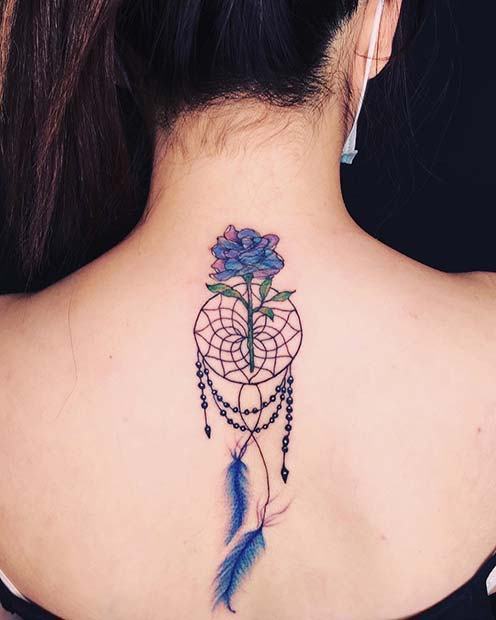
Tattoos were once considered taboo in Korea but are slowly becoming more acceptable and widespread among younger generations. More and more young people are getting inked.
Still illegal for non-medical practitioners to perform tattooing in this country, activists are pushing for changes to allow talented tattoo artists to work legally.
Legality
South Korea has long held conservative attitudes regarding tattoos, dating back to the Joseon Dynasty when criminals were given tattoos as status markers to indicate their status and class.
Today, however, tattoos have grown increasingly popular in Korea, and polls indicate widespread support for changes to the law regarding them. Even President-elect Yoon Suk-yeol has supported legalizing tattooing as a cosmetic treatment.
In 1992, Korea’s Supreme Court ordered that only medical professionals can perform tattooing services, and anyone doing so without first receiving permission may face significant fines and imprisonment for performing tattoos without an appropriate medical license.
Social stigma
tattoos have long been seen as taboo in South Korea; however, attitudes have slowly shifted among younger generations.
Before the 4th century, fishermen and divers in southern Korea used tattoos as a form of protection from evil spirits and sea monsters and to show their loyalty and devotion towards one or more other individuals known as Gyeonggi.
If discovered, this custom would be considered illegal, and its owner would be punished. A similar practice during the Joseon Dynasty involved marking someone with their name to prevent future theft or adultery incidents.
In 1992, the Supreme Court decided that only licensed medical professionals could perform tattooing services. While this seems reasonable at first glance, this law makes it hard for artists to focus on artistic aspects of tattooing while at the same time being required to undergo training in areas outside their expertise – which often prove unnecessary or irrelevant for the tattooing process.
Health risks
Tattooing carries some risks; one more prominent is an allergic reaction to the dyes used. They could also pose potential carcinogen risks.
Body artists must prioritize customer health. To do so, they should utilize sterilizers to sterilize all equipment and needles before beginning any work on clients’ skin. Contaminated tattoo inks and pigments can lead to hepatitis, blood-borne diseases, and other serious health concerns. Furthermore, they may interfere with magnetic resonance imaging (MRI) procedures and cause keloids – raised areas of scar tissue – making MRI scans more challenging for examiners and negatively impacting image quality.
Economic impact
After going under the knife, plastic surgery patients can expect increased self-confidence and an expansion of earning potential.
South Korea’s cosmetic procedure industry is integral to its economy and is increasingly popular with foreigners looking for work in Seoul.
However, the lookism industry does have its share of dark secrets: some of the country’s most sought-after tattoo artists operate out of anonymous buildings without signs or indication that they exist.
Despite legal and cultural constraints, Tattooing has skyrocketed in South Korea, with public support growing for the industry’s legalization. Lee Jae-Myung, candidate for South Korean president in the upcoming presidential election of the ruling party, has indicated support for bills to legalize tattooing as one of his goals in life.

